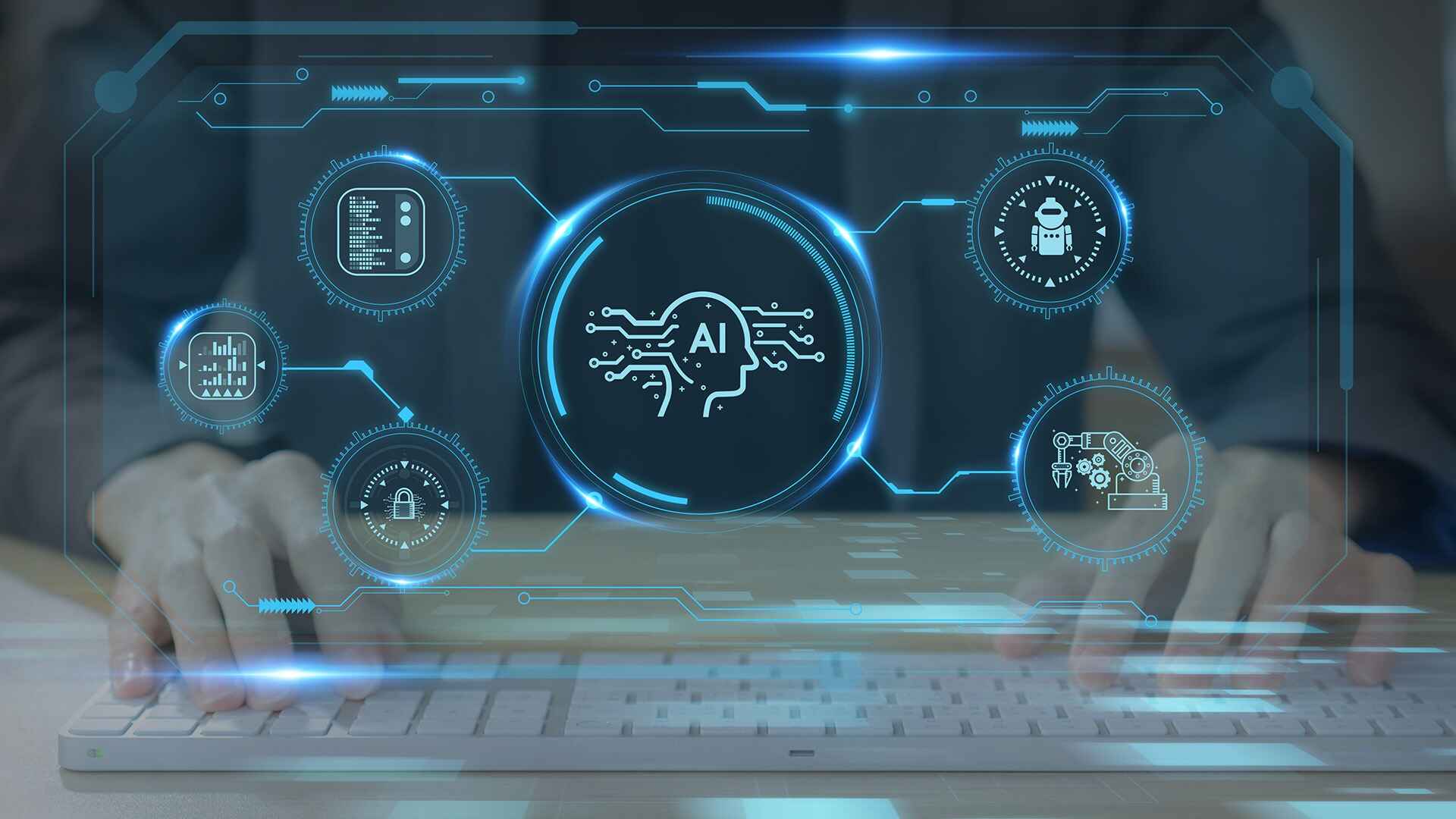
Artificial intelligence (AI) market is expected to grow to $190 billion by 2025. AI is omnipresent in modern life and it has weaved into daily activities. AI has several benefits like fraud detection, research, translating, optimizing logistics, and much more.
Schedule a call with a Pragati Leadership expert to discuss how we can support your strategic objectives.
Schedule your CallToday, there is hardly any field where AI is not used. Several organizations have incorporated AI tools for development and training in their transformation journeys.
Importance of AI in learning and development
Personalized training
Each participant can benefit from personalized learning. AI analyzes the individual’s performance and adapts the curriculum and content as per their requirements.
Adaptive content and testing
AI is useful for trainers to create content, which may include videos, quizzes, and other interactive materials saving them resources and time. Additionally, it can be used to create adaptive tests and adjust the difficulty based on the individual’s performance to offer an accurate assessment of the participants’ knowledge and skills.
Intelligent tutoring and analytics
AI-driven tutoring systems offer personalized feedback and guidance and adapt instructions as per the individual’s needs. Moreover, it can predict performance and offer customized interventions to help participants improve their performance.
Role of AI in enhancing cultural transformation programs
The goal of AI in cultural transformation training programs is to enhance learning experience and improve the effectiveness of the interventions. Here is the role of AI in enhancing such training programs:
Identify knowledge gaps
Traditionally, training programs were holistic meaning that the same content was used for all courses. However, not every participant is the same, which makes the training program ineffective. AI can analyze data and derive conclusions using machine learning (ML) and predictive analysis. This successfully identifies the abilities and skills that are missing to ensure the efficiency of the cultural transformation training intervention.
Provide the most accurate content
AI identifies abilities and skills gaps and automatically designs the most accurate content to overcome them. AI scans all the resources both internal and external to suggest the most appropriate course content.
Digital content creation
Content creation is challenging, cumbersome, and expensive. AI can consolidate the vast amount of information to create an easy-to-understand content. It can also create engaging videos. AI can also convert podcasts, webinars, and lectures into written content without efforts for a more effective transformation training intervention.
Seamless assessments and feedback
Coaches can use AI to conduct seamless assessments of the participants. AI tools can collate information, evaluate performance, and offer accurate assessment and feedback. It can also personalize assessment tests to eliminate one-size-fits-all approach. AI can be used to assess participants based on their abilities, skills, and learning to develop an accurate performance evaluation system and offer efficient feedback that enhances their learnings from attending the training program.
Develop important insights
AI tools can mine vast amount of data, participants’ performance, accumulate feedback, and offer wide range of analytics. Coaches can use this to information to develop crucial insights to incorporate in their training programs. This insight is beneficial to refine content and develop more effective strategies for improved outcomes.
The business landscape is constantly evolving and companies need to foster a positive and adaptive organizational change and culture for long-term growth and success. AI can potentially revolutionize the way companies’ approach and implement cultural transformations.
Organizational culture is the heartbeat of any business and influences everything from employee engagement to innovation to adaptability to productivity and more. However, cultural transformation is a challenging process and AI can be beneficial.
Training programs can be customized to understand current organizational change and culture, identify patterns and trends, and make informed decisions using AI tools to create customized dashboards and reporting mechanisms.
Continuous learning is another important factor to drive cultural transformation. AI can provide customized programs based on the individual employee abilities, learning style, and preferences to ensure the interventions resonate with the participants.
Effective communication is also a crucial component for cultural transformation. AI tools help to create clear and compelling messages that align with the organizational values and mission to foster a sense of unity and purpose among the people.
AI can also help to identify potential challenges or roadblocks that hamper the cultural transformation process. Leaders can proactively address these potential issues before the challenges escalate thereby increasing the possibility of successful training interventions.
Harnessing the power of data-driven insights, customized training programs, and predictive modeling helps companies navigate the challenges of cultural transformation. AI is not a technological leap but a strategic imperative for businesses seeking to develop adaptive, resilient, and thriving organizational cultures. Explore Pragati Leadership‘s cultural transformation training programs to enhance your leadership skills. To start your transformative journey today, call us right now.
Share on Social Channels
Our Categories
Categories
- Behaviorial (7)
- Blog (265)
- Certified People Manager Program (3)
- Coaching (9)
- Corporate Trainers (7)
- Developing Collaboration (12)
- Emotional Intelligence Training (12)
- Executive Leadership Program (29)
- First Time Manager Training (12)
- Growth Mindset Course (3)
- Inspirational Leadership (17)
- Inspiring and Successful Leadership Awards (16)
- Leadership Awards (37)
- Leadership Development (123)
- Leading Virtual Teams (6)
- Management Development (29)
- Marketing (2)
- Negotiation Skills Training (7)
- Organizational Transformation (24)
- Others (24)
- Stakeholder Management (3)
- Strategic Leadership Development Program (4)
- VUCA Leadership (2)
- Wholesome Leadership (23)
- Women Leadership (15)
Recent Insights
People leadership becomes visible when values are translated into systems, and intent is carried through...
Sustained performance in manufacturing is built where engineering rigor and people choices intersect. The quality...
“Coaching is not just for problems but for the improvement of your best”. Coaching provides...
“In the past a leader was a boss. Today’s leaders must be partners with their...
Ask anyone who’s ever led a team, and they’ll tell you this: managing people isn’t...
